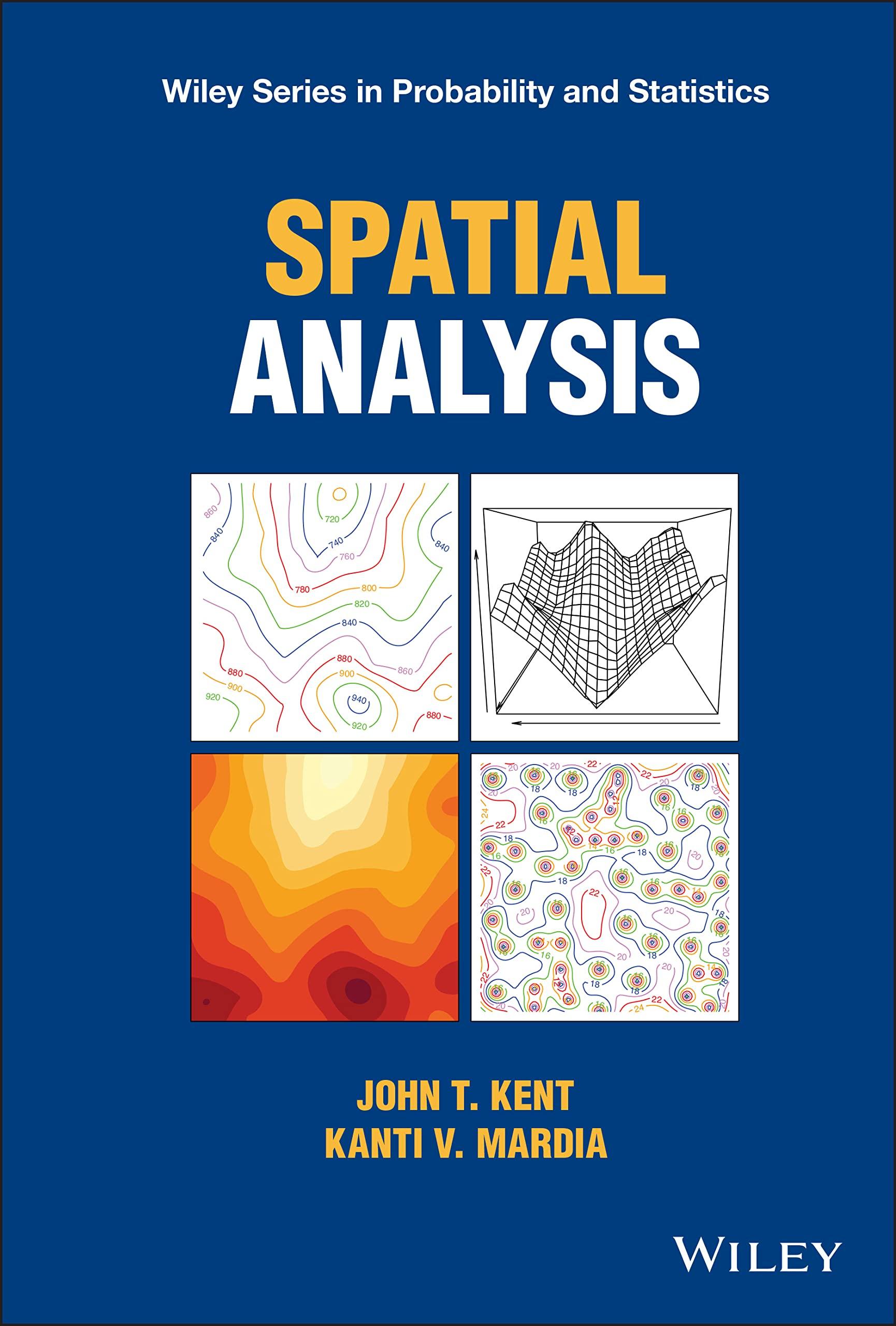3.15 can be extended to other values of ????. (a) If g(h) is a function of h...
Question:
3.15 can be extended to other values of ????.
(a) If g(h) is a function of h ∈ ℝd, the Laplacian is defined by Δg(h) =
∑d
????=1 ????2g(h)∕????h[????]
2. If g(h) = g#(r), say, with |h| = r, is isotropic, show that
Δg(h)=(g#)
′′(r) + d − 1 r
(g#)
′
(r), where the dash denotes differentiation with respect to r > 0.
(b) Use the Laplacian formula to deduce that if g(h) = |h|
2???? then Δg(h) =
2????(2???? + d − 2)r2????−2, r = |h| > 0.
(c) If ????#
????+1,d(r) = c????+1,dr2????+2, then show that Δ????#
????+1,d(r) = c????,dr2???? =
????#
????,d(r), r > 0. Further if ???? > 0, show that this equation can be extended to r = 0.
(d) Hence, deduce that, at least formally, the constant c in (3.45) must take the form c = c????,d for all noninteger values of ????. The adjective “formally”
means that some extra issues need to be considered for certain values of ????. These issues will be explored in the following parts of the exercise.
(e) If ???? > 0, then ????????,d(h) is an equivalence class of functions; it equals c????,dr2???? plus an arbitrary even polynomial in r of degree 2[????], where
[????] is the integer part of ????. Show that with this equivalence class interpretation,
Step by Step Answer:







